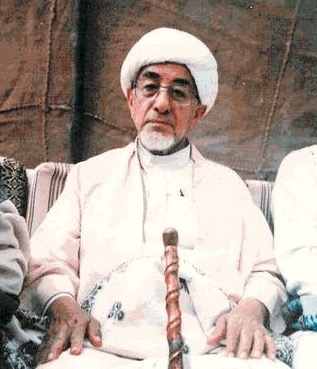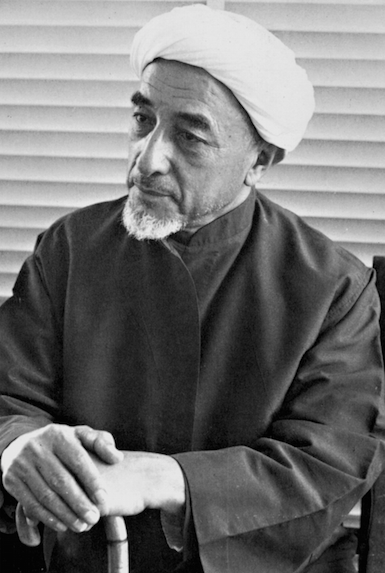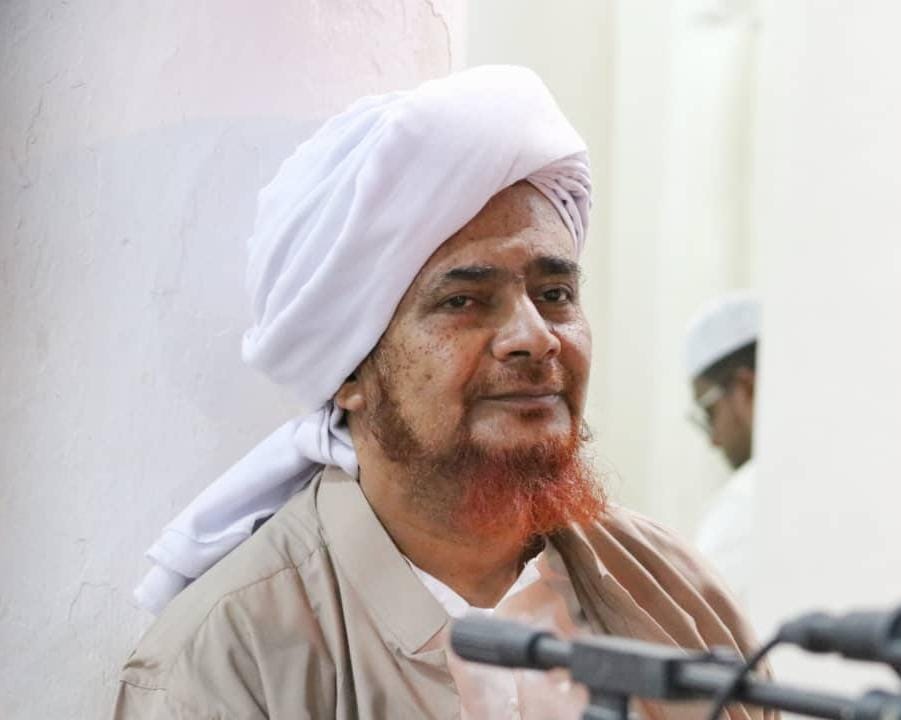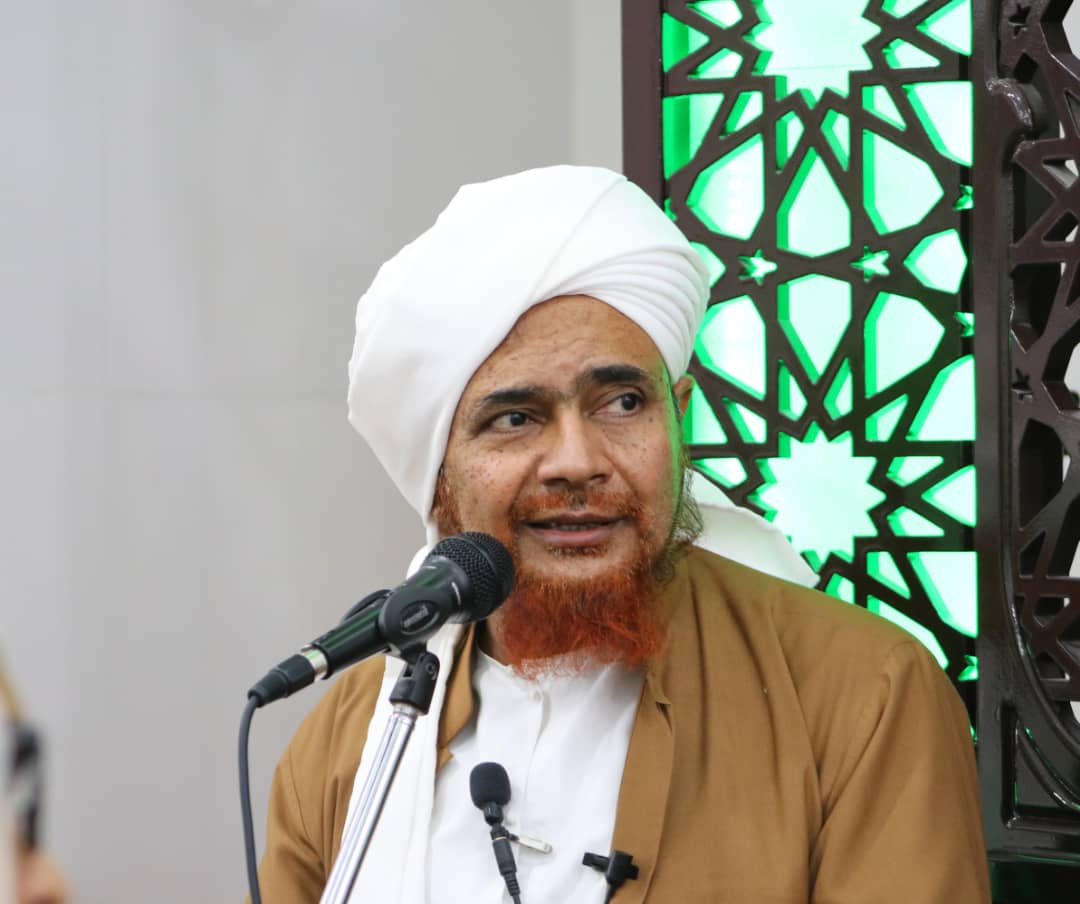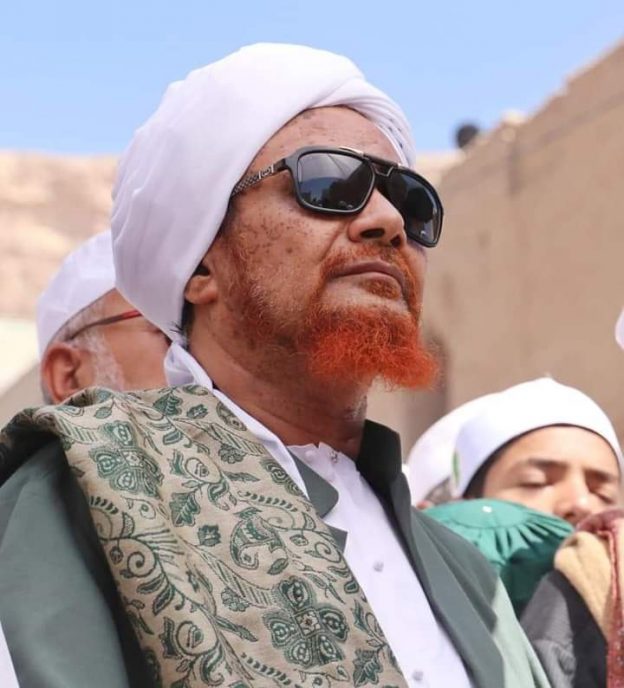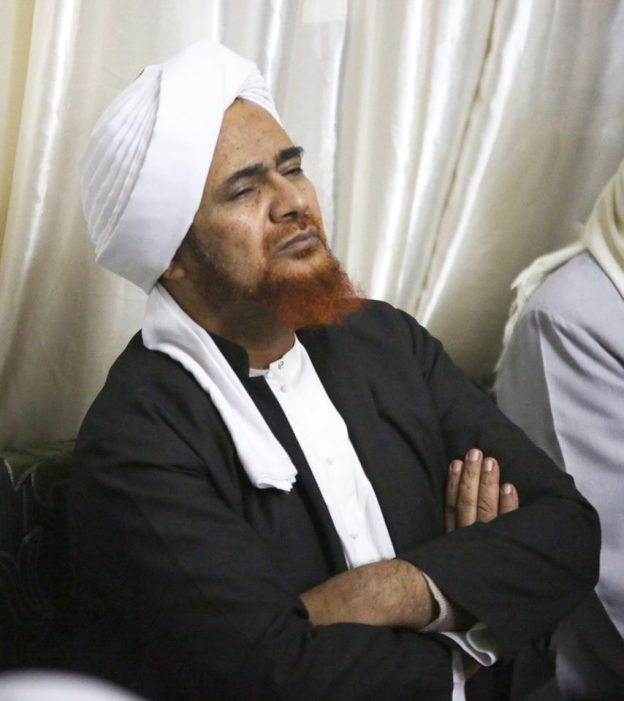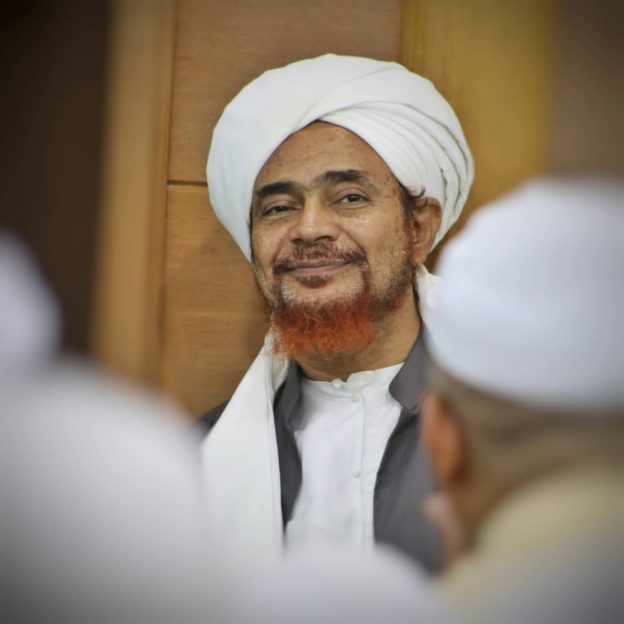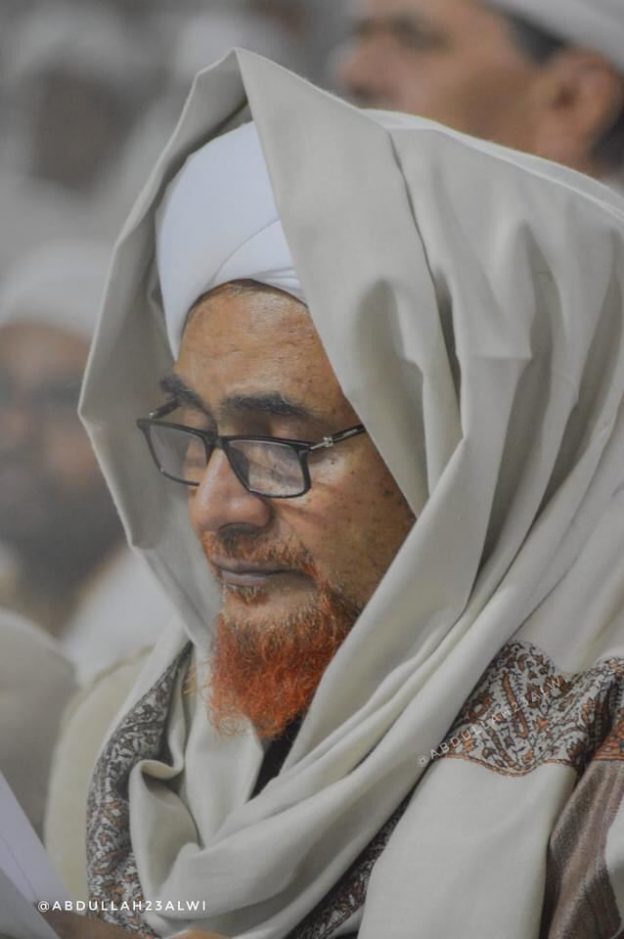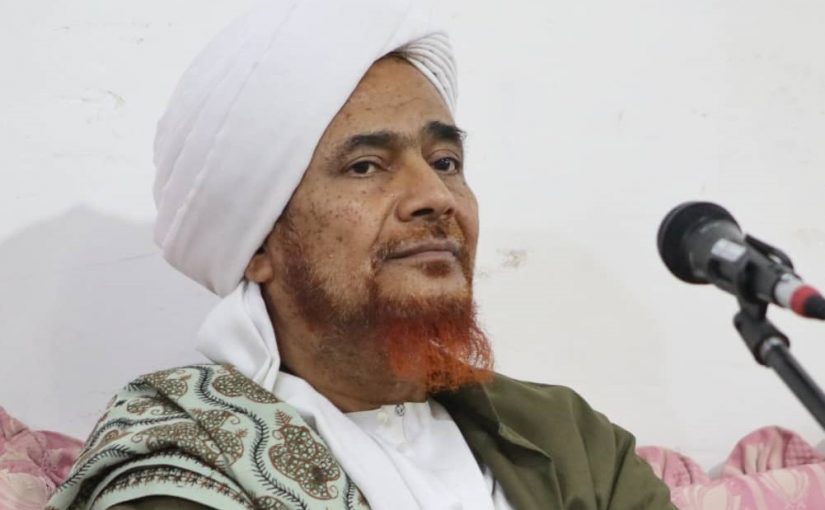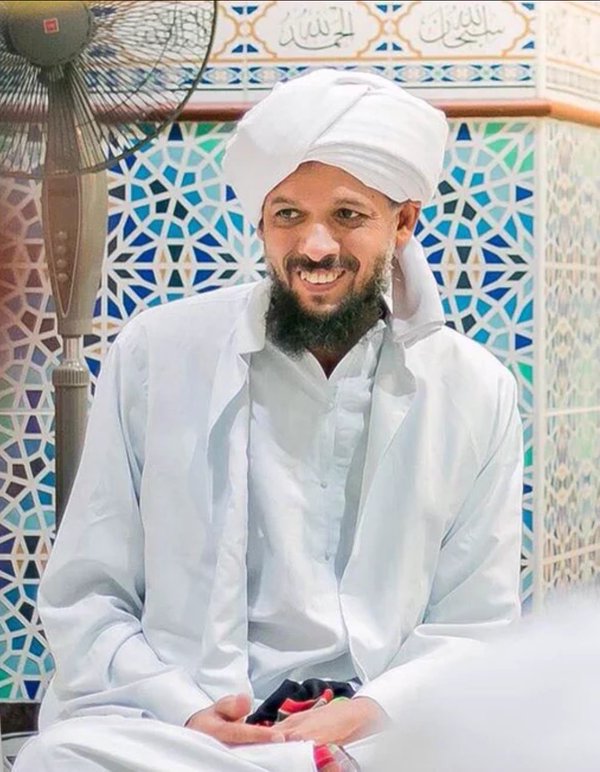Words of wisdom from Habib Ahmad Mashhur al-Haddad (may Allah have mercy on him and benefit us by him).
Allah says to His Prophet ﷺ: “Say: ‘This is my path..’”[1]
With this command Allah honours the Prophet ﷺ and affirms his station. The command also contains the meaning of granting permission (ijazah). The ijazah is one of the foundations of the religion and is especially important in the science of hadith. Scholars traditionally give each other ijazah and shaykhs give their students ijazah. The ijazah is an affirmation of what is contained in the heart of the person receiving it and is a means for the pious to exchange secrets with one another. Continue reading Say: ‘This is My Path’ | Wisdoms of Habib Ahmad Mashhur al-Haddad

